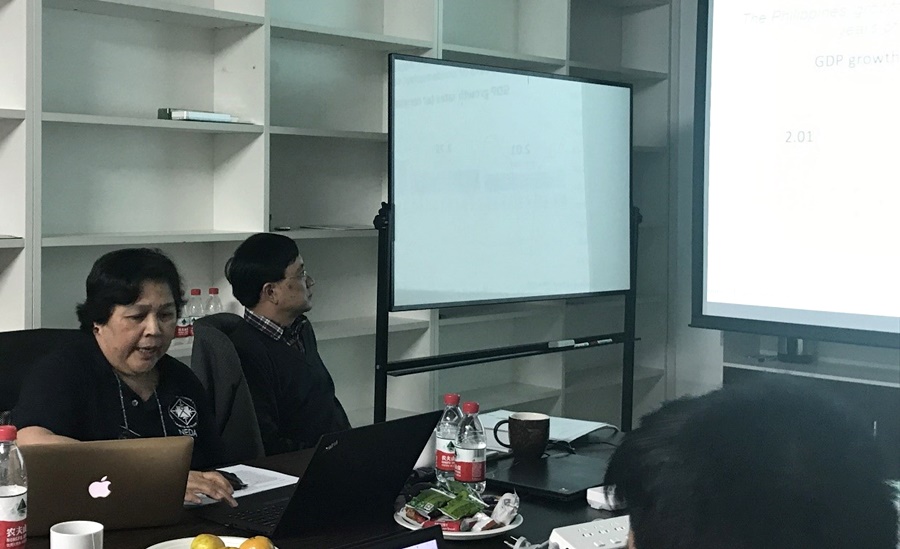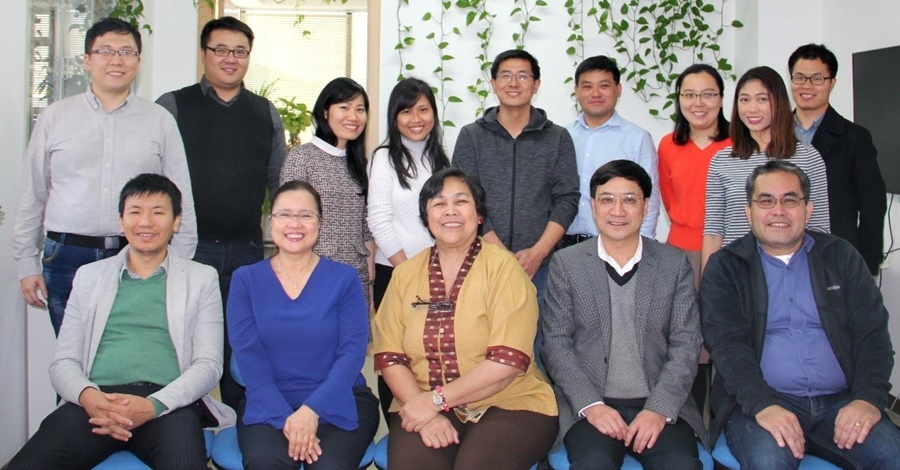The Rural Regional Transformation (RRT) project is funded by the International Fund for Agricultural Development (IFAD). It combines the expertise of four leading research centers in the Asian region, namely: (1) Institute of Geographic Sciences and Natural Resources Research - Chinese Academy of Sciences (IGSNRR-CAS), (2) Southeast Asian Regional Center for Graduate Study and Research in Agriculture (SEARCA), (3) China Center for Agricultural Policy (CCAP) - Peking University, and (4) Center for Agricultural Policy (CAP) - Institute of Policy and Strategy for Agriculture and Rural Development (IPSARD). IGSNRR-CAS serves as the coordinating institution of the project, while SEARCA, CCAP-Peking University, and CAP-IPSARD are the implementing partners for the Philippines, China, and Vietnam, respectively.
The project aims to provide recommendations for stronger and more equitable growth in sub-national regions of China, the Philippines, and Vietnam through rural transformations. It will help identify appropriate institutions, policies, and investments (IPIs), as well as sequencing of IPIs to speed up the sustainable and inclusive rural transformation process.
To realize this objective, the project is expected to generate the following outputs: (1) database on rural development and regional transformation in three countries, (2) descriptive analysis and quantitative or spatially econometrical modeling, (3) paper on typologies of rural regional transformation, (4) papers on the impacts of the policies based on quantitative analysis, and (5) policy briefs and policy impacts on the appropriate sequence of policies that could facilitate rural regional transformation that will offer guidance on options towards achieving faster and more equitable growth of rural economy.
During the back-to-back events at Peking University, the research teams from the three countries discussed the project deliverables and timeline of activities. They noted that the immediate next step is to prepare a list of relevant data sets with description in terms of level of aggregation (e.g., by region, province, or village, etc.), availability over time, source, and others. They also agreed on and learned the methodology to be used for the econometric analysis of the impacts of IPIs on rural transformation, and on growth and poverty.
SEARCA was represented during the meeting by its Program Head for Research and Development, Dr. Bessie Burgos; the Project Coordinator-Adviser, Dr. Mercedita Sombilla, Assistant Secretary and Director of Agriculture, Natural Resources and Environment Staff at the National Economic Development Authority (NEDA); and the Project Team Leaders, Dr. Pedro Alviola IV of the University of the Philippines Mindanao; and Ms. Karen Quilloy of the University of the Philippines Los Baños. Dr. Sombilla emphasized the importance of this project to the current agenda of the Philippine government on spatial development, which promotes equitable growth across the regions of the country. (Bessie M. Burgos)

